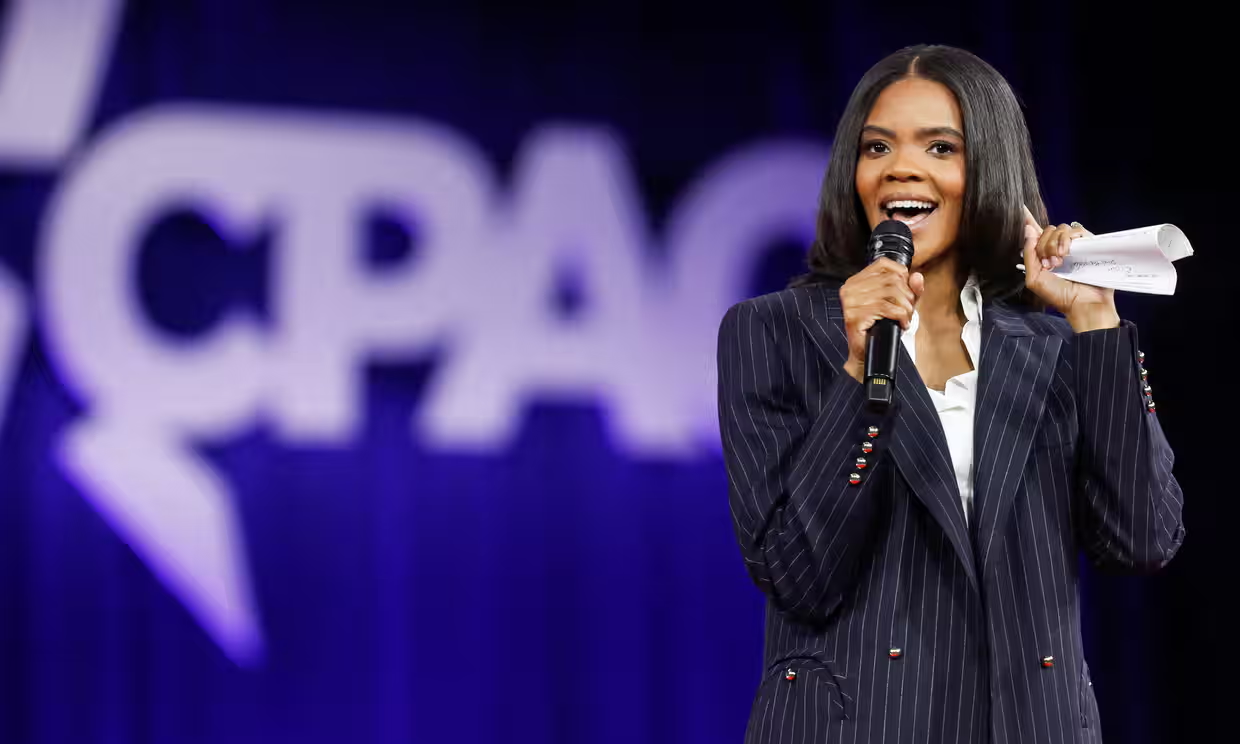Australia Rejects Visa Application of US Conservative Pundit Candace Owens Ahead of Speaking Tour
27 October 2024 – The Australian government has denied entry to far-right American commentator Candace Owens, who was set to embark on a speaking tour in November. The visa application denial from Immigration Minister Tony Burke came particularly with regard to her “risk of inciting discord“, which has reached a boiling point amidst an argument over free speech and public safety in Australia and beyond.
Visa Denial and Official Response
In a media release, Minister Burke outlined that Owens’ application had been refused following careful consideration of her “record“. “Candace Owens has demonstrated the ability to foment discord in almost every direction, particularly in a way that may threaten social cohesion in Australia,” Burke said. The decision comes after weeks of debate about Owens’ divisive public profile and her history of inflammatory comments on race, gender, and politics.
Owens was set to embark on a speaking tour across Australia, where she was expected to speak to conservative audiences about free speech, identity politics, and government overreach. But Australian officials had concerns that her speeches would inflame extremist views and further polarize an already politically divided atmosphere.
Reaction by Owens and Public Backlash
Immediately after the rejection of her visa, Candace Owens, an outspokenly conservative commentator, took to social media, describing it as an attack on free speech and an act of growing intolerance of alternative views and perspectives by Australia. “The fact that Australia, a supposedly free country, would ban me for my beliefs is both shocking and a wake-up call,” Owens tweeted. She went further to say the Australian government was trying to silence her because her ideas challenge the status quo in politics.
Owens’s fans also criticized the move, calling it undemocratic. Her detractors, on the other hand, greeted the denial of the visa application based on concerns that Owens will further amplify divisive rhetoric on sensitive topics such as race and immigration into Australia.
Social Cohesion a Concern
Australia’s immigration policy permits the denial of anyone judged “likely to engage in activities prejudicial to its external or internal interests, security, or public safety or to promote discord amongst its population.” In Owens’s case, the government arguably took her history of incendiary comments-especially on issues of race, feminism, and LGBTQ+-as a potential obstacle to social cohesion.
Owens has also faced criticism in the past for downplaying white supremacy and labeling Black Lives Matter a terrorist organization. Her sometimes combative approach to political discussion has made her a divisive figure with many questioning whether her views encourage constructive conversation or simply incite division.
The decision by Minister Burke now aligns with Australia’s broader approach to regulating foreign speakers who are deemed capable of spreading hatred or inflaming divisions. Over the years, Australia has barred other high-profile figures on similar grounds, including far-right provocateurs like Milo Yiannopoulos and Gavin McInnes.
The Greater Free Speech Debate
The Owens visa denial has kicked off a broader debate in Australia about free speech and the bounds of political expression. Those who support the denial say that governments have a responsibility to protect public order and that Owens’s rhetoric has a history of invoking anger, not productive discussion.
On the other hand, free-speech advocates warn that banning speakers like Owens sets a bad precedent and could chill valid political speech while opening the door to government censorship of unpopular ideas.
What’s Ahead?
That Owens tour that had been in the works has now been axed, amid reports that her team might appeal the decision over the visa. Meanwhile, her case has emerged as a flashpoint in the controversial debate that proceeds everywhere over how countries like Australia balance the need to protect public order against the commitment to free expression principles.
The fallout, though, is very clear as this conversation ensues-the decision will reverberate far beyond Owens’ tour and into implications on any speakers wanting to address Australian audiences in the future.
